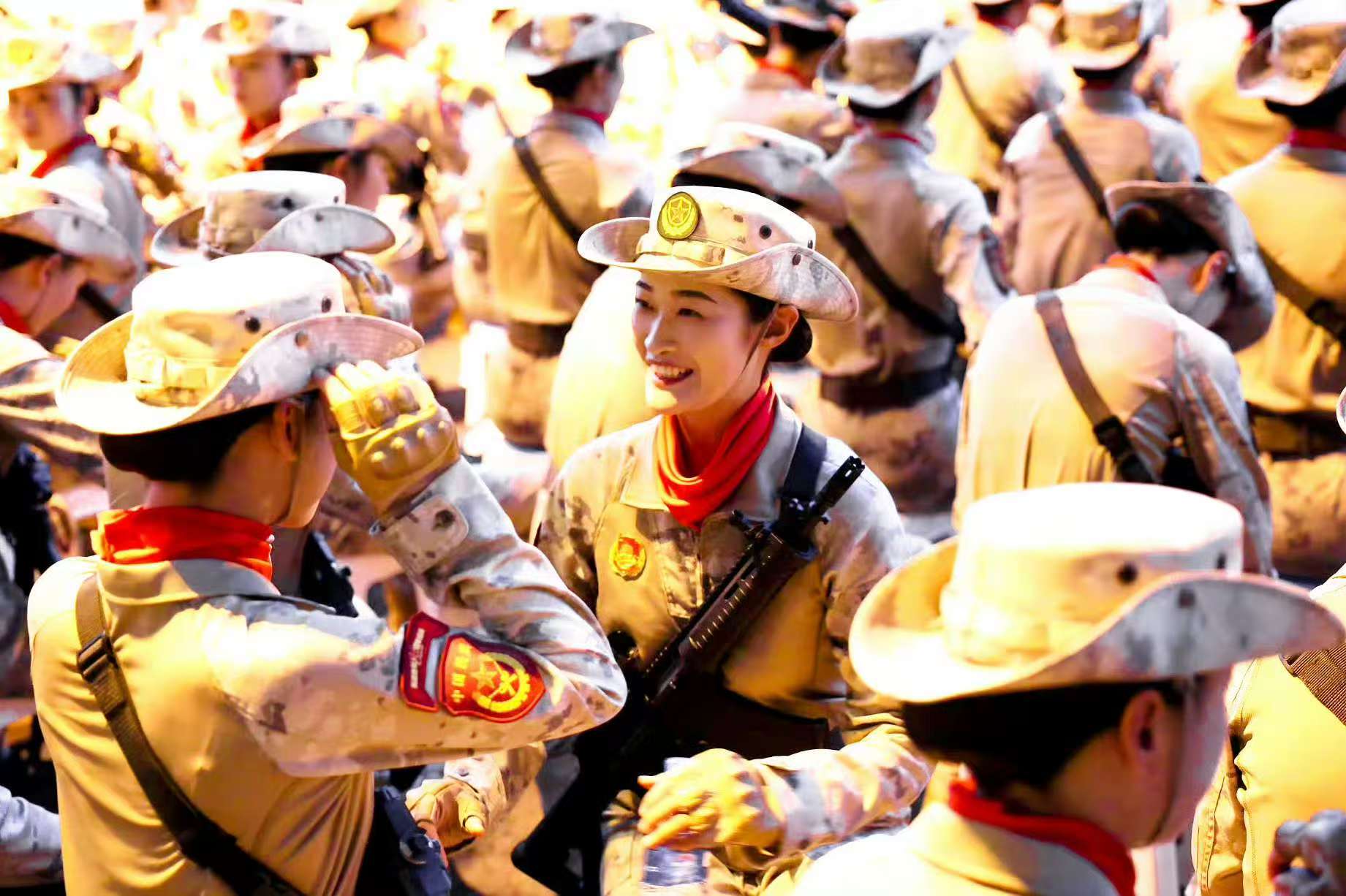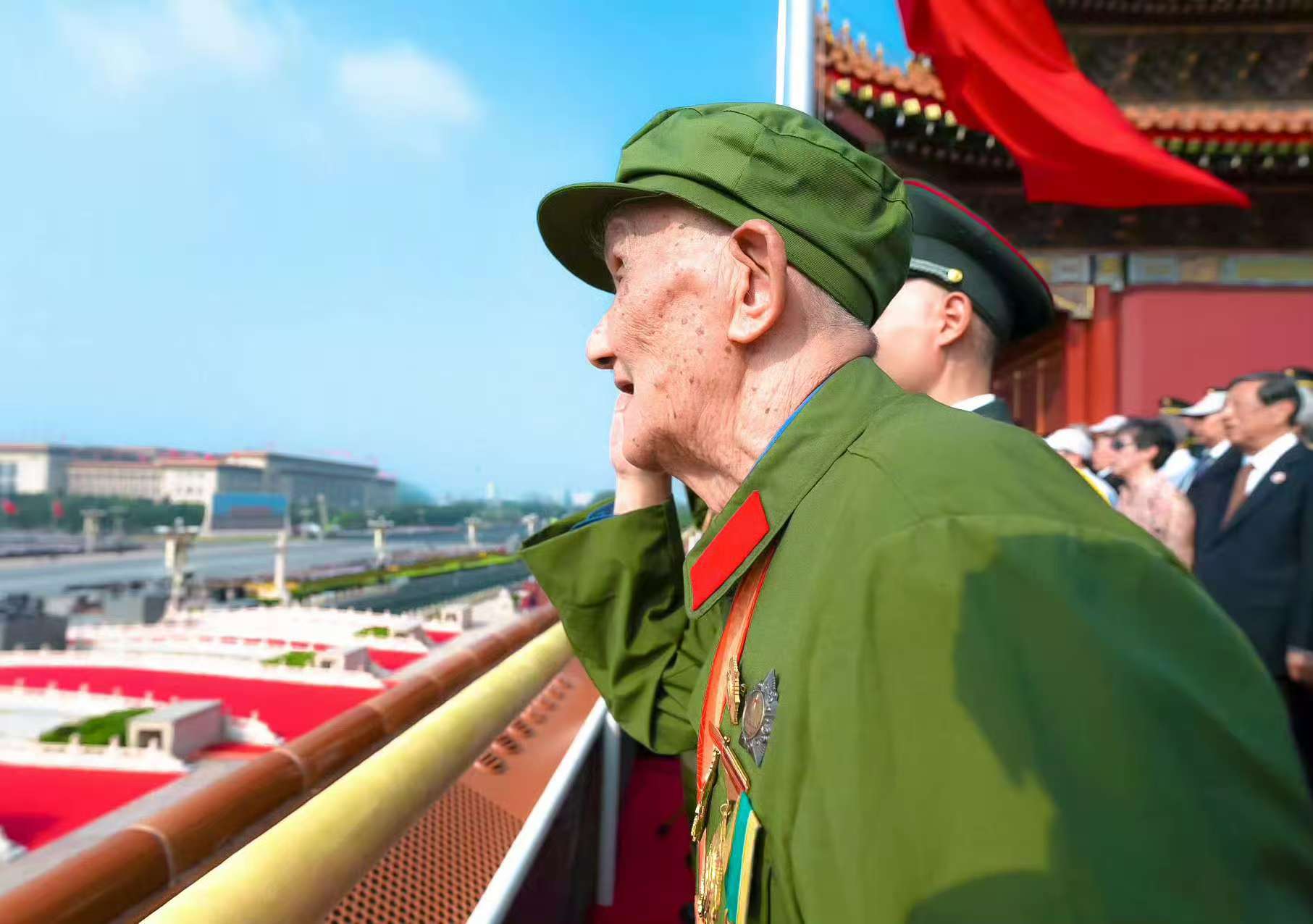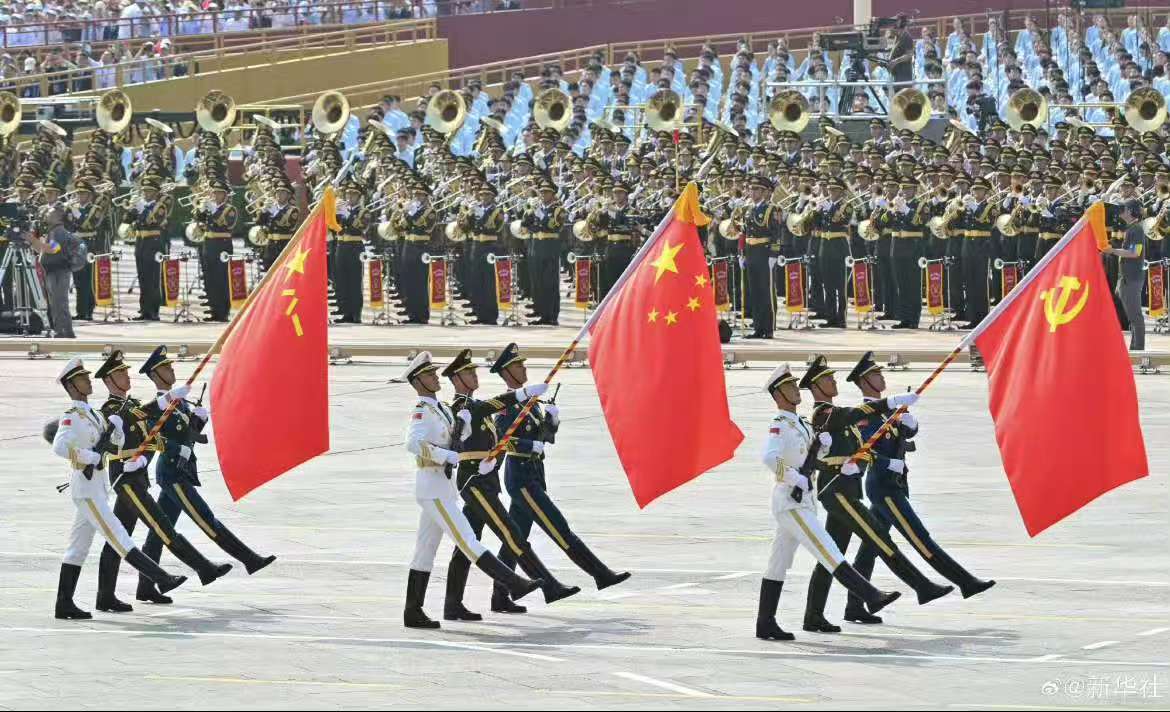On September 3rd, 2025, China observed the 80th anniversary of its victory in the War of Resistance Against Japanese Aggression with a monumental ceremony in Beijing. Held at Tiananmen Square, the event brought together a diverse assembly of government officials, military leaders, veterans, and ordinary citizens to honor the historical significance of this pivotal moment in Chinese history.
Historical Context and Significance
The War of Resistance Against Japanese Aggression, which lasted from 1937 to 1945, was a defining conflict for China. During this brutal war, more than 35 million Chinese people lost their lives, and countless others were displaced. The war was not only a national struggle but part of a broader global effort to defeat the forces of fascism during World War II. The victory laid the groundwork for the eventual founding of the People's Republic of China in 1949.
For the Chinese people, this victory represented resilience, unity, and an unwavering determination to safeguard their sovereignty and national pride. The war's impact was felt deeply in every corner of China, from the major cities to the rural heartlands, where many faced occupation, famine, and devastation.

The Ceremony in Beijing
The central commemoration, held in Beijing's Tiananmen Square, was a somber yet powerful display of national pride. The event began with a solemn tribute to those who had lost their lives in the war, with a moment of silence observed at 10:00 AM, the precise moment when Japan signed its surrender agreement. As the flag of the People's Republic of China rose over Tiananmen Square, the solemnity of the occasion resonated deeply with the thousands in attendance.
President Xi Jinping delivered a moving speech, reflecting on the immense sacrifices of the Chinese people. "Eighty years ago, the Chinese people stood up against the forces of aggression. Today, we stand united in remembering their courage, their sacrifices, and their unbreakable will. Their victory was not only a victory for China but for all of humanity in the fight against fascism," he said.
President Xi's remarks were focused on the broader themes of peace, unity, and the need to protect national sovereignty. He reminded the audience that the Chinese people's triumph in the war marked the end of centuries of humiliation and foreign domination. "This victory is the legacy of the Chinese people's unyielding spirit. It is the foundation of our independence and freedom," he said.
Military Parade and Demonstrations of Strength
Following the speech, a military parade was held to showcase China’s modern defense capabilities. The parade featured over 10,000 troops, state-of-the-art military vehicles, and advanced weaponry, underscoring the country's commitment to national defense and its readiness to protect its sovereignty. The display was a reminder of China's growing global influence and military strength.
Veterans of the war were also honored during the parade. In a powerful moment of recognition, former soldiers who had fought in the conflict were driven through Tiananmen Square in open vehicles, receiving loud applause and admiration from the crowds. Their heroic deeds were celebrated not only by the government but by the entire nation, which recognizes them as symbols of China's enduring strength and resolve.

Reflections on Peace and National Unity
While the ceremony was undoubtedly a celebration of victory, it was also a moment for reflection on the lessons of history. President Xi emphasized that the victory in the War of Resistance Against Japanese Aggression was not just about defeating an external enemy but also about protecting peace, justice, and international cooperation.
“The world must never forget the lessons of the past,” President Xi stated. “The victory in the war shows that peace is the most valuable treasure for all mankind. We must work together, with sincerity and dedication, to ensure that such dark chapters are never repeated.”
The message was clear: despite China’s growing global influence, the nation remains committed to peace and diplomatic cooperation, rejecting the idea of conflict as a solution to international challenges.
Nationwide Celebrations and Educational Initiatives
The anniversary celebration did not end with the formal ceremony in Beijing. Across China, various provinces held their own commemorative events, including exhibitions, documentaries, and public lectures on the war’s history. Schools across the country integrated special educational programs to teach younger generations about the war's significance, ensuring that the memories of the struggle are passed down to future generations.
In addition, cultural performances, including traditional dances and music, were staged in various cities, blending national pride with artistic expression. These events were not only celebratory but also served as a reaffirmation of China's cultural heritage and historical continuity.

Looking Forward: Unity and National Resilience
As China continues to grow as a global power, the lessons of the War of Resistance Against Japanese Aggression remain relevant. The country’s victory in the war symbolizes the strength of the Chinese people and their unwavering determination to safeguard their future. It is a reminder of the importance of unity, resilience, and the collective will of the nation.
The 80th anniversary serves as both a reflection on the past and a commitment to a peaceful future, underscoring China’s desire to maintain stability and peace in the world. The Chinese government’s dedication to fostering national unity and preserving the hard-won achievements of the war was clear, as was its determination to contribute to global peace efforts in the years ahead.
Contact Information:
Name: Neko Zhang
Email: sales7@ihomebox.com.cn
Tel/Whatsapp: +86-15338785619












